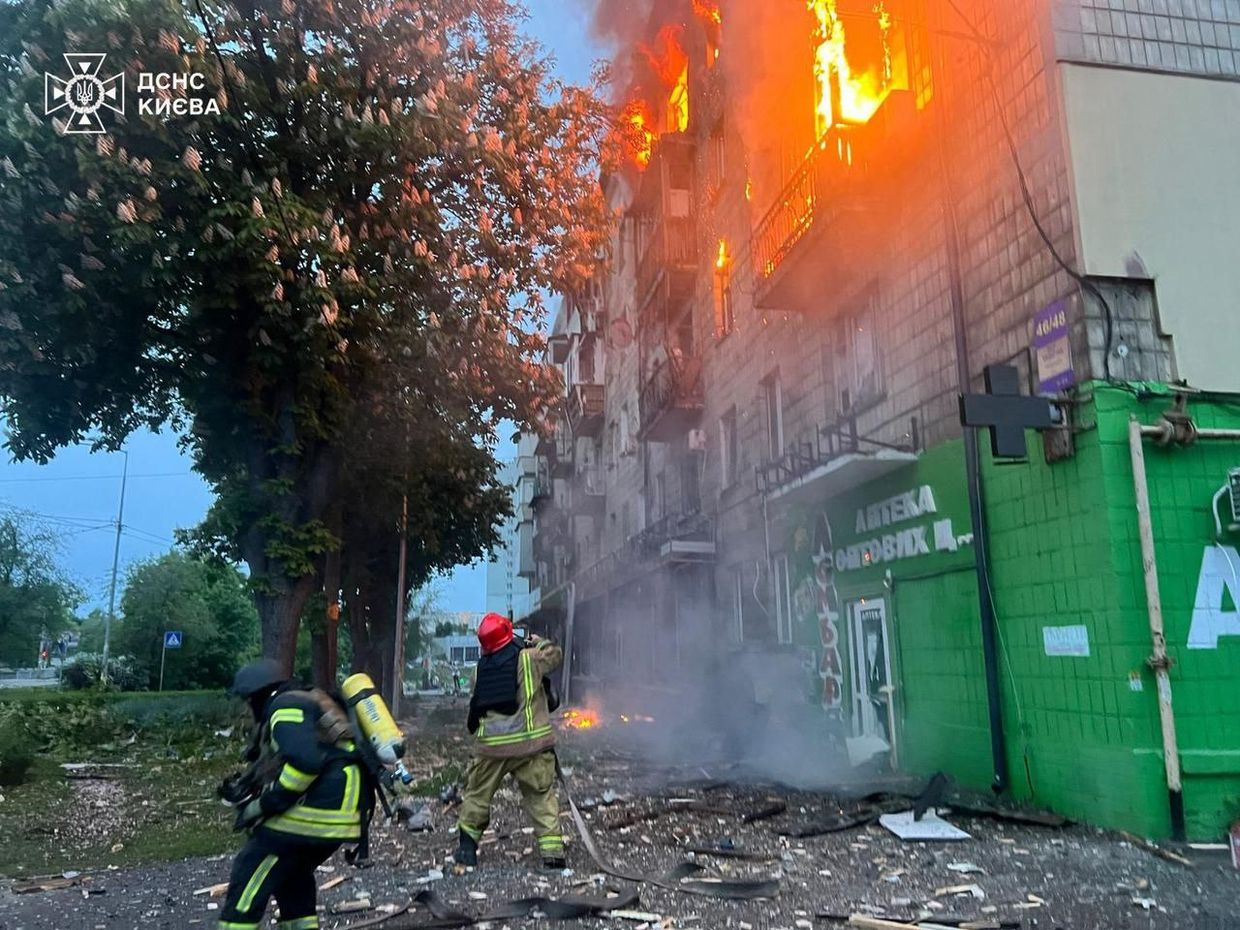Without mentioning his name, Biden calls Trump's pressure on Ukraine 'modern-day appeasement' towards Russia

Former U.S. President Joe Biden described U.S. pressure on Ukraine to give up territory to Russia as "modern-day appeasement," saying in a BBC interview published on May 7 that it would only embolden Russian President Vladimir Putin and threaten global security.
Biden, breaking from the tradition of former presidents avoiding criticism of successors early in their term, said conceding Ukrainian territory could erode confidence in Washington's global role.
His comments come as U.S. President Donald Trump's administration's latest peace proposal reportedly included U.S. recognition of Russia's control over Crimea and de facto acknowledgment of other occupied Ukrainian territories.
On April 25, Trump repeated his claim that Ukraine's NATO ambitions triggered Russia's full-scale invasion, adding that Crimea "will stay with Russia."
"Anybody that thinks he (Putin) is going to stop if some territory is conceded as part of a peace deal is just foolish," Biden said, without explicitly naming Trump throughout the interview.
"I just don't understand how people think that if we allow a dictator (Putin), a thug, to decide he's going to take significant portions of land that aren't his, that that's going to satisfy him. I don't quite understand."
Russia illegally occupied Ukraine's Crimean Peninsula in 2014 following a sham referendum conducted under military occupation.
In 2022, during its full-scale invasion, Russia claimed to annex four additional Ukrainian oblasts — Donetsk, Luhansk, Zaporizhzhia, and Kherson — although it does not fully control any of them.
Asked whether his administration had done enough to help Ukraine win the war, Biden said, "We gave them everything they needed to provide for their independence, and we were prepared to respond, more aggressively, if Putin moved again."
Since the start of his second term in January 2025, Trump has not approved any new U.S. military aid packages for Ukraine. His campaign pledge to end the war within 24 hours has failed to yield results after more than 100 days in office.
Moscow has presented maximalist demands in ceasefire negotiations and rejected a U.S.-proposed 30-day ceasefire, which Kyiv accepted on March 11.
Despite frustration with Russia's refusal to de-escalate, the Trump administration has not imposed new sanctions or taken other measures to pressure the Kremlin.
Secretary of State Marco Rubio and Trump previously warned that the U.S. would withdraw from mediation efforts if no meaningful progress was made. On May 1, State Department spokesperson Tammy Bruce said the U.S. would reduce its role.
"That is now between the two parties, and now is the time that they need to present and develop concrete ideas about how this conflict is going to end," Bruce said.













